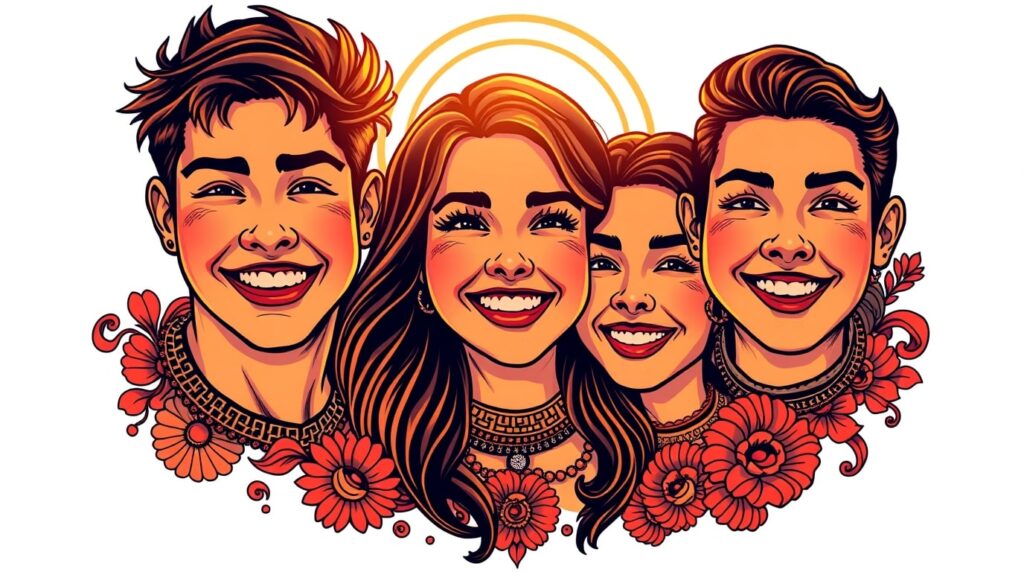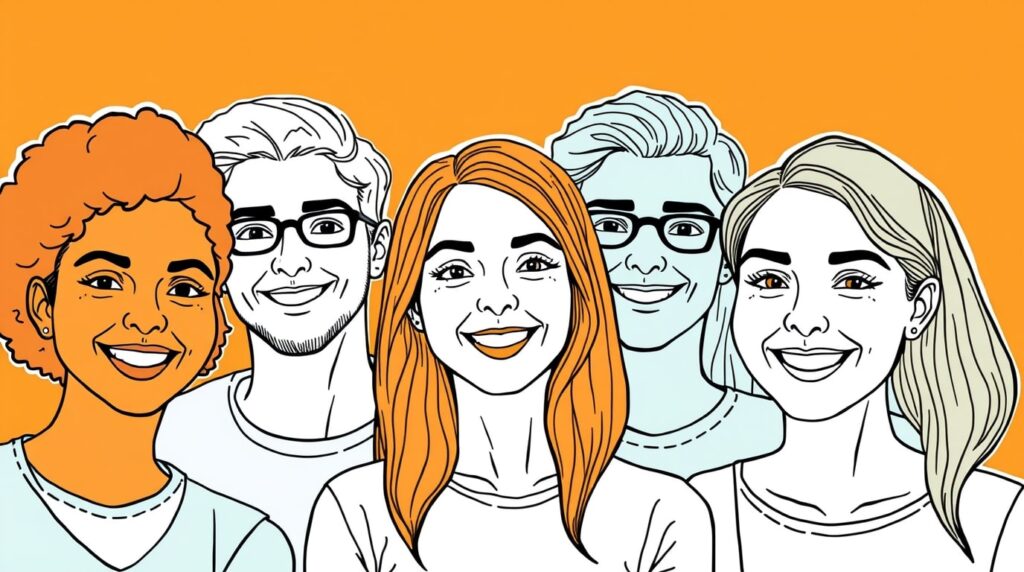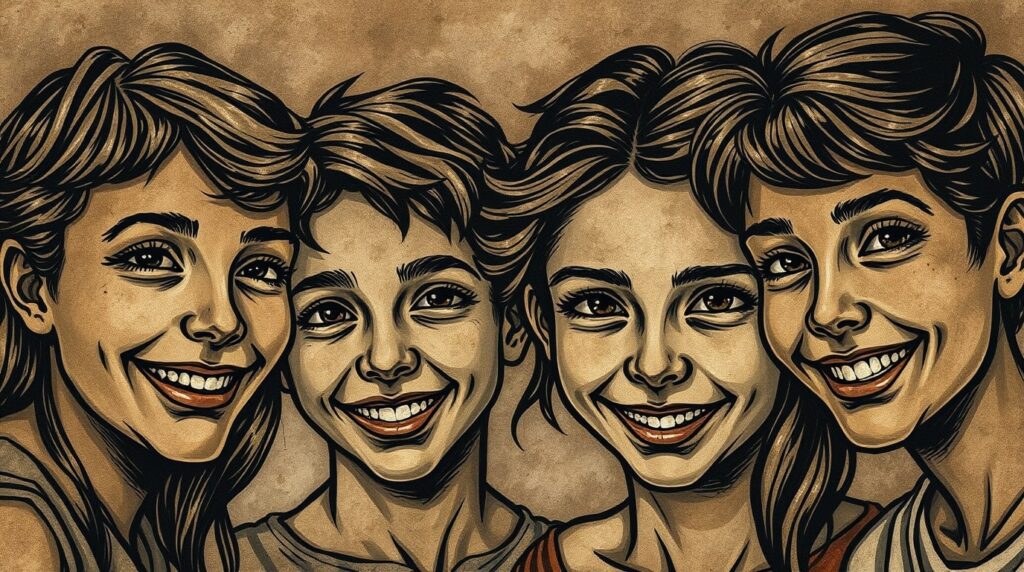Ever found yourself staring at the ceiling at 3 a.m., wondering whether you should finish your roommate’s leftover pizza or let it be? Or perhaps you’ve struggled with the eternal moral dilemma of texting back with a “Haha, so funny” when the joke was about as funny as a root canal. Moral dilemmas are everywhere, folks! And who better to guide us through these murky waters than Noam Chomsky , the linguist, philosopher, and all-around brainiac who’s got more depth than the Mariana Trench.
But wait, what does Chomsky have to do with leftover pizza or bad jokes? Glad you asked. Let’s decode his intellectual superpowers and apply them to our everyday moral conundrums. Grab your AirPods, set your iPhone’s Do Not Disturb mode, and let’s dive in, young padawan!
Step 1: Understand the Deep Structure of the Problem
Chomsky is famous for his theory of deep structure in language. Basically, it’s about peeling back the layers to find the underlying meaning. So, when faced with a moral dilemma, don’t just skim the surface. Use your tech toys to dig deep! For example:
- Got a Fitbit or an Apple Watch? Track your stress levels to figure out why that pizza is haunting you like a bad ex.
- Use apps like Evernote to jot down the pros and cons of texting back versus ghosting. (Hint: If you’re typing “Haha” for the fifth time this week, maybe it’s time for an honest convo.)
Chomsky would want you to question everything. Why do we feel guilty about trivial things? Why do leftover pizzas call to us at midnight like some carb-filled siren song? By identifying the deeper structure of the issue, you’re already halfway to solving it.
Step 2: Universal Grammar of Morality
According to Chomsky, all languages share a universal grammar. In the same way, maybe there’s a universal grammar to morality, an underlying code that helps us decide what’s right and wrong. Think of it like your smartphone’s operating system. Sure, you’ve got different apps (or moral perspectives), but they all run on the same basic framework.
Let’s test this theory. Imagine this scenario: your bestie sends you an embarrassing selfie by mistake. Do you:
- Screenshot it and threaten to share it (evil, but tempting)?
- Pretend you never saw it (angel vibes)?
- Use Snapchat’s photo editing tools to turn it into a meme for their birthday (chaotic good)?
Chomsky’s take? Find the universal grammar here. We all crave respect and kindness, so maybe the meme idea isn’t as bad as it sounds… as long as you get their permission first.
Step 3: Question Authority, Even Your Own
Chomsky’s life mantra is to question authority. Whether it’s the government, corporations, or even your own inner critic, nothing is above scrutiny. So, if your moral dilemma involves a higher power (like your boss, parents, or the algorithm that’s got you doom-scrolling on TikTok), take a beat and ask yourself: Are they really right?
Here’s where tech can come in handy again:
- Use apps like Calm or Headspace to meditate on the situation. Chomsky would approve of a moment of quiet introspection.
- Search Reddit threads for advice. Seriously, some of the best moral philosophers are lurking on r/AmITheA**hole.
Don’t let anyone guilt-trip you into bad decisions. Unless it’s Siri, she’s pretty persuasive.
Step 4: Use Logic, but Don’t Forget Empathy
Chomsky’s a big fan of logic. But, plot twist, he’s also deeply empathetic. The man’s been out here advocating for human rights and justice like a linguistic Batman. So, when you’re navigating a moral maze, try to balance both logic and compassion.
Example: Your roommate’s pizza. Logically, it’s theirs. Empathetically, they probably won’t miss one slice. Combine the two: text them and ask, “Hey, can I have a slice? I’ll buy you a fresh pie tomorrow.” Bonus points if you use Venmo to send them $5 immediately. Moral high ground achieved.
Step 5: Embrace Tech… Responsibly
Chomsky’s not exactly a tech bro (we’re pretty sure he doesn’t own a Tesla), but his principles can definitely guide how we use technology in moral dilemmas. Next time you’re stuck, try:
- Asking ChatGPT for advice. It won’t judge you (well, I won’t, anyway!).
- Setting limits on your social media usage. Moral dilemmas often arise from overexposure to other people’s drama.
- Using apps like Good On You to make ethical shopping choices. Because honestly, buying that $5 fast-fashion sweater is a bigger moral dilemma than the pizza thing.
What Would Chomsky Do?
If Chomsky were here, he’d probably tell you to think critically, act compassionately, and maybe grab a cup of coffee to fuel your existential crisis. Life’s moral dilemmas are messy, but with a little linguistic savvy and a touch of humor, you can navigate them like a pro.
So, next time you’re torn between ghosting someone or being honest, eating the pizza or hitting the gym, just channel your inner Chomsky. And if all else fails, there’s an app for that.


















